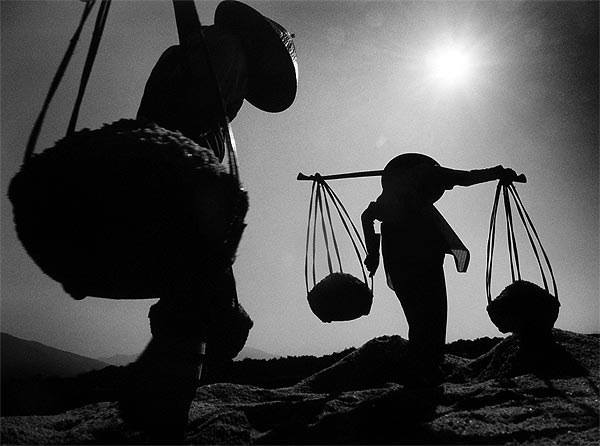Charles
de Foucauld - part 5
In a Trice
For three full years after leaving Morocco,
Charles was wholly taken up with the work of his sizeable book – A journey
through Morocco.
On May 23, 1884, He left Morocco. “Islam
has had profound effect on me… Acquaintance with this faith… has allowed me to
sense something much bigger and more true than this worldly preoccupation… I
began to study Islam”.
Two years later, in February 1886, he
settled in Paris. In the same month, he had his first meeting in Paris with the
well-known priest Huvelin. His church was only a few steps away from Charles
flat.
Towards the end of the same year: “I began
to go to Church but without believing, for it was only there that I felt right
and spent hours saying the same prayer: ‘may Go, if you exist, let me recognize
you’.
On 28 or 29 October 1886, he said to his
cousin: “you are happy to believe; I am looking for the light and I cannot find
it”.
On the very next day, he went to see Fr.
Huvelin in the Church of St. Augustine. “I as ked for religious instruction. He
made me kneel and make my confession and sent me to take communion at once”.
Imagine a pair of dancers moving gracefully
over the dance floor. One of the partners is dancing quite different steps and
is supported by an invisible partner.
Until in a trice his dancing partner had taken the initiative.
‘As soon as I believed that there was a
God, I understood that I could not do anything other than live for him. My religious vocation dates from the same
moment as my faith. God is so great’
‘At first, faith had many obstacles to
overcome .I had doubted so very much that I did not believe everything all at
once…
The countenance of the mysterious Partner
in the dance remains invisible to us.
All that we can sense of Him is that strong hand which had started to
guide Charles on the right way. For him,
the dance had only just begun.
(Jun Mercado, OMI – Badaliyya Philippines)





